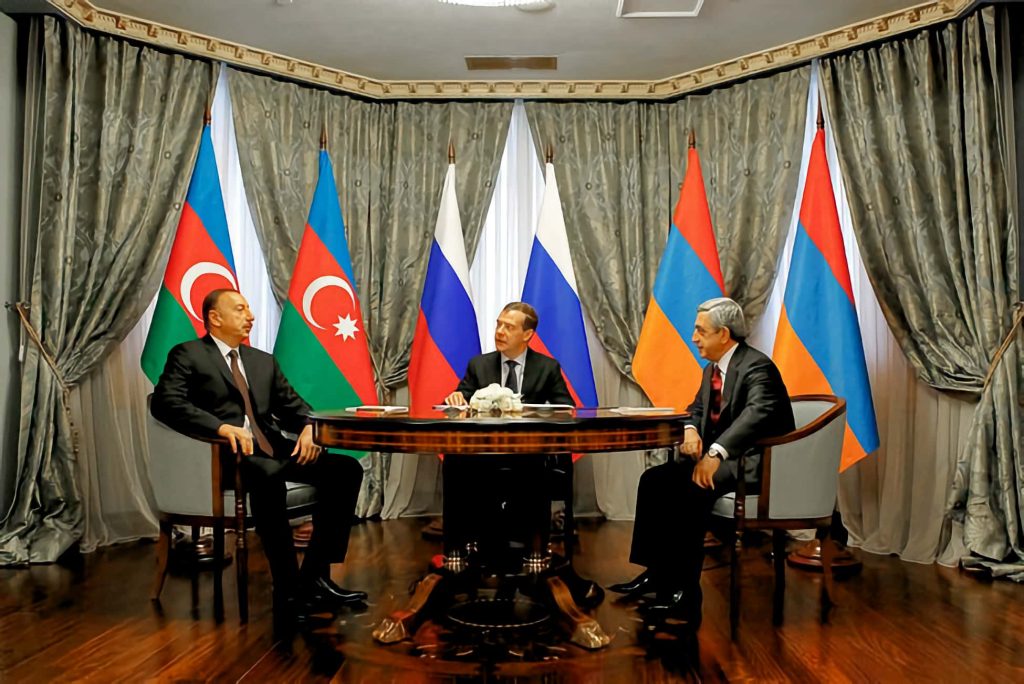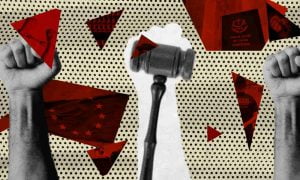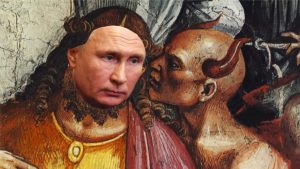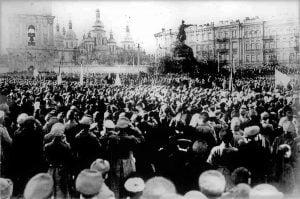Armenia’s move towards the International Criminal Court sets the stage for a diplomatic drama with Russia, while opening a new chapter of engagement with the West and Iran.
In an unprecedented development, Armenian lawmakers have ratified the Rome Statute, thereby signifying the nation’s intent to join the International Criminal Court (ICC).
This development has sent ripples all the way to the Kremlin, which seems less than pleased. Given the earlier move by the ICC to issue an arrest warrant for Russian President Vladimir Putin in March, Armenia now finds itself on a tightrope, precariously balancing its long-standing alliance with Russia. This recent gesture by Armenia has not only added a strain to its delicate camaraderie with Russia but also hints at a cautious pivot towards the West for a security umbrella.
The shift gains significance in light of the recent mass exodus of more than 80% of the ethnic Armenian population from the disputed territory of Nagorno-Karabakh, following its takeover by Azerbaijan. Armenian authorities have minced no words, labelling this mass departure as a form of ‘ethnic cleansing,’ a claim robustly rebutted by Azerbaijan.
Where is Nagorno-Karabakh?
Nagorno-Karabakh, cradled at the eastern edge of the Armenian Highlands and officially under Azerbaijan’s banner, has transformed into a cauldron of conflict between Armenia and Azerbaijan, stirred by a historical and political ladle.
Initially carved out as an autonomous enclave for ethnic Armenians by Stalin to consolidate Soviet allegiance, its parliament later swayed towards Armenia as Soviet clout ebbed. This shift triggered a violent discord, leaving in its wake a trail of casualties.
Despite a political tether to Armenia, the global stage recognises Nagorno-Karabakh as Azeri territory, fuelling the flames of disagreement further between the two nations.
European dimensions
On the wider European and global stage, France has warmly welcomed Armenia’s decision, while the European Union appears to sit on the fence. The EU’s recent pact to ramp up its import of Azerbaijani gas by 2027, in an attempt to loosen its dependency on Russian energy, might tie its hands from extending unequivocal support.
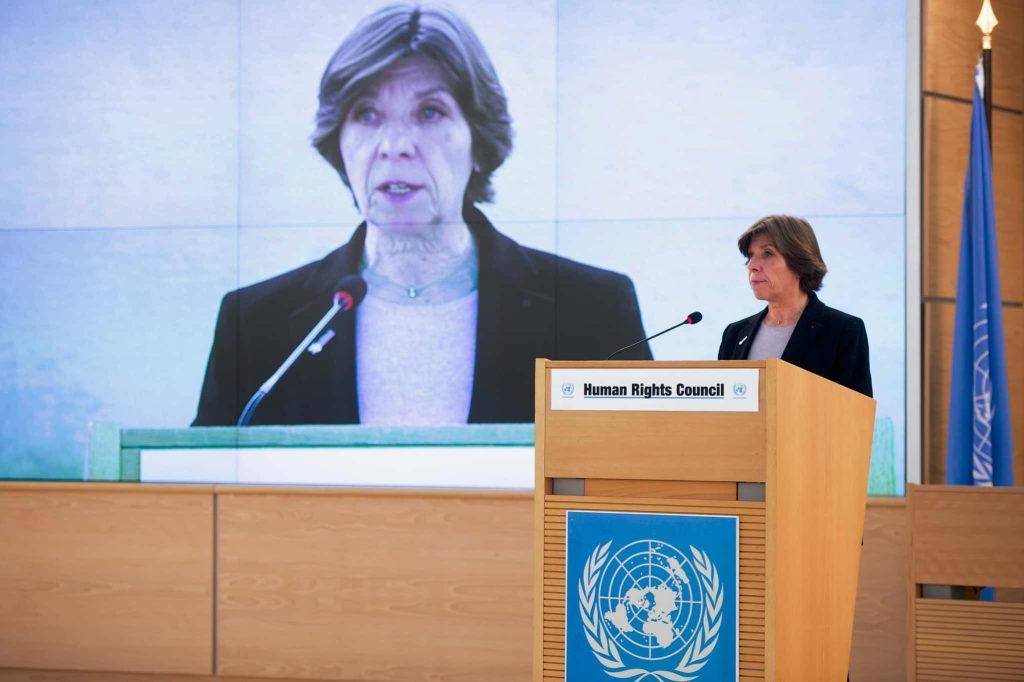
However, the tragic history of Nagorno-Karabakh and its echoes in Europe’s dark past have led some to suggest that the EU should consider offering membership to Armenia as a potential remedy.
The European Commission’s President, Ursula von der Leyen, has cast a spotlight on the urgent need for the EU to pivot towards the radical modifications necessary for the accession of Ukraine and other nations into the bloc’s fold.
This call to action emerges as internal computations within the European domain disclose that the enlargement of the EU to encompass nine new countries, Ukraine included, would demand a substantial financial outlay from existing members, to the tune of over €256bn.
The Iranian Equation
Iran surfaces as another key regional actor, both contested and desired by Armenia and Azerbaijan. Iran, grappling with its own domestic hurdles with a large ethnic Azeri populace, finds itself in a prudent balancing act between Yerevan and Baku. Recent diplomatic exchanges between Armenia and Iran demonstrate active engagement amidst the transforming geopolitical milieu.
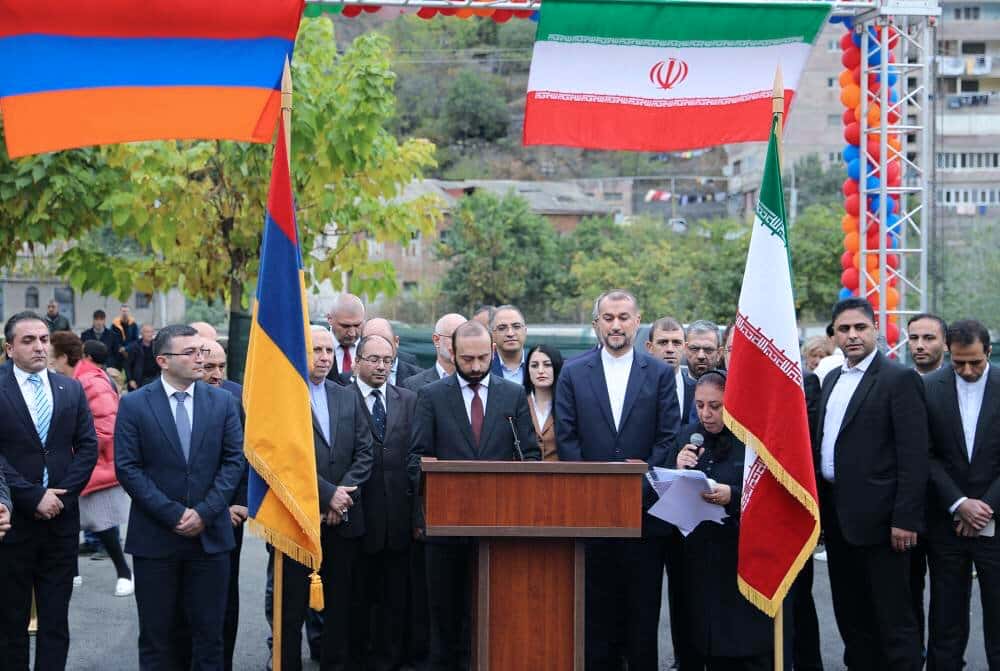
The diplomatic dalliance between Armenia and Iran has been strengthened by a meeting on 2 October 2023, between Iran’s Foreign Minister and Armenia’s top security official. Both countries have opposed the Zangezur Corridor in the Caucasus, aimed to be a short land route between the Pacific and Atlantic oceans, and a juncture for North-South and East-West routes, seeing it as a threat to Armenia’s sovereignty and territorial integrity.
Further cementing these burgeoning ties, the opening of a new Iranian consulate in Gyumri, Armenia, along with the arrival of a new ambassador, signals a strengthening diplomatic bond aimed at nurturing cooperation amidst the swirling geopolitical currents.
Diplomatic complexities with Azerbaijan
Azerbaijan’s recent decision to snub EU-hosted talks on Nagorno-Karabakh adds another layer of complexity to Armenia’s international alliances. This move comes after France’s decision to supply Armenia with military equipment, which has led Azerbaijan to avoid any diplomatic format involving France.
While Armenia’s recent move signifies its intent to embrace international frameworks, experts argue that a return to diplomacy is critical for all parties involved. The situation also raises questions on the limits and prospects of Armenia’s international alliances and whether it can manoeuvre itself adeptly in a changing geopolitical landscape.
Armenia and Azerbaijan have been embroiled in a contention over the hilly territory since the concluding days of the Soviet era, with tensions escalating to war on two occasions: once in the 1990s and again in 2020.



